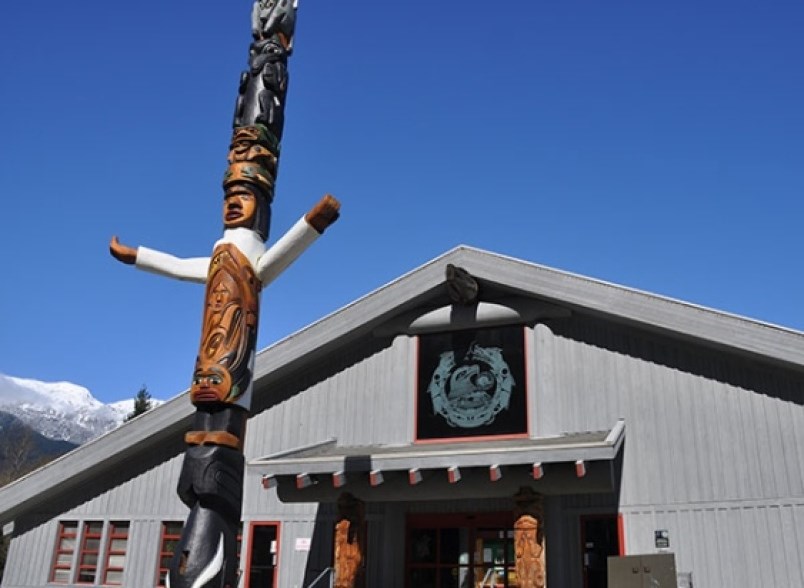Sḵwx̱wú7mesh Úxwumixw (Squamish Nation) members have an opportunity to shape the future of their government.
A referendum is underway that could see amendments to the Nation's Election and Referendum Law.
The questions for members to consider are:
•Do you want to keep the three dedicated seats for North Shore, Squamish Valley and regional councillors or do you want all voters to vote for all councillors?
•Do you want to limit the number of immediate family members who are elected to council?
•If the number of immediate family members are limited on council, how many immediate family members should be permitted on council?
•If the number of immediate family members are limited on council, which definition of “immediate family” do you want to apply?
•Do you want all voters to choose the council chairperson or do you want councillors to choose the council chairperson?
•Do you want to keep the two-minute speaking limit at a People’s Assembly or do you want a five-minute speaking limit?
Nation members, of which there are approximately 3,300 who are eligible to vote, have several ways to participate in the referendum.
Online voting has been available since May 17 and will end on Saturday, May 31.
Mail-in ballots are accepted until May 31 as well.
In-person voting takes place on May 31 at Totem Hall in Squamish and at Chief Joe Mathias Centre in West Vancouver.
For each question, 60% of votes cast are needed to move forward with a change.
The Electoral Commission drew up the questions based on feedback gathered from members during extensive community consultations.
The message from the Electoral Commission and Nation leadership is that every vote counts.
"There are about 3,300 voting members ... that is really a small amount. So when we say get out and vote—your vote does count," said Donalene Rapada, chair of the Electoral Commission.
Sxwíxwtn Wilson Williams, councillor and spokesperson for the Nation also stressed the importance of members having their voices heard.
"We want to walk with our people; we want to listen to our people. It's what got us here," he said.
He noted that the demographic of Nation members is quite young, with a little over 30% between the ages of 20 and 39, according to the Nation's own census.
Nation members 18 and older are eligible to vote.
"We have a young Nation of young people that want to use their voice. This is the perfect way to do that," he said, adding that his own daughter will be voting for the first time on Saturday, accompanying her father.
The youth of today are going to be the ones to shape the future and "be in the rooms" on a local, regional and national level, he continued.
"Instead of people saying what's best for us, we're doing it with our people who are age-eligible to vote."
He noted that Indigenous governments are moving beyond the restraints of the federal government's Indigenous and Northern Affairs Canada (INAC), which was dissolved in 2017, and increasingly gaining self-determination.
"There's more independence. So, with this referendum vote, we're creating more independence," he said.
"We want to keep building and become stronger as a government entity."
Results of the vote, which should be made available within a day of the close of voting on May 31, according to Rapada, will take effect for the Nation's next council and band manager election in September..



